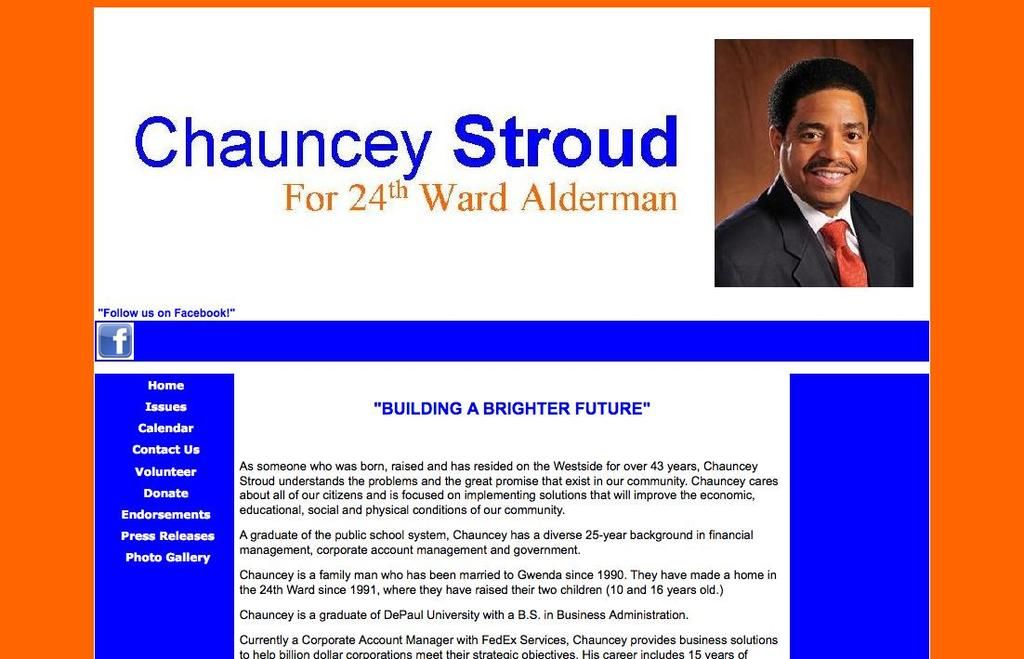Consumer prices softened in April, according to the preferred inflation indicator of the Federal Reserve
In April 2025, the trend of inflation eased slightly, moving closer to the Federal Reserve's target, according to the central bank's preferred inflation gauge. The personal consumption expenditures (PCE) index posted a 0.1% month-over-month increase and a 2.1% annual growth rate, marking the slowest growth since February 2021. The overall picture, however, remains uncertain as analysts warn of potential inflation spikes due to tariffs in the coming months.
Economists' projections suggest that the average tariff rate in 2025 stands around 25% on imported goods, presumably causing a ripple effect on consumer and business prices. Early estimates point to tariffs contributing to a modest increase in core goods prices, translating to a 0.1% rise in core PCE inflation.
The Budget Lab at Yale estimated that the full set of 2025 tariffs would raise consumer prices by roughly 1.7% in the short run, imposing significant annual costs on households. However, as consumers adjust their purchasing behavior, this price increase is expected to moderate slightly to around 1.4%.
Fed Chair Jerome Powell has emphasized that the central bank will closely monitor inflation and labor market data before making any decisions regarding interest rate cuts. Economists are cautiously optimistic about the April PCE data but express concerns about the potential escalation of tariff-driven inflation in the near term.
As the economic landscape evolves, the Federal Reserve is carefully balancing its tightrope walk between managing inflation and navigating the impact of tariffs.
In the wake of April 2025's PCE index growth, analysts worry about potential inflation spikes due to tariffs. The Budget Lab at Yale predicts these tariffs will cause a 1.7% short-term increase in consumer prices, with an anticipated moderate reduction to 1.4% as consumers adapt their spending. Fed Chair Jerome Powell acknowledges the worrying inflation and labor market data, pledging close monitoring before interest rate adjustments. The Fed remains vigilant in managing inflation whilst mitigating the effects of tariffs on the economy, finance, business, and wealth of the nation.







